Essential Paperwork for Your Marriage License: Simplified Guide

Understanding the paperwork required to obtain a marriage license is a vital part of the wedding planning process. It's not just about the ceremony, the dress, or the venue, but also about ensuring that all legal aspects are properly addressed. This guide simplifies the complex maze of documents and processes you'll need to navigate to secure your marriage license, ensuring you and your future spouse are well-prepared for this significant life event.
Step-by-Step Guide to Acquiring Your Marriage License
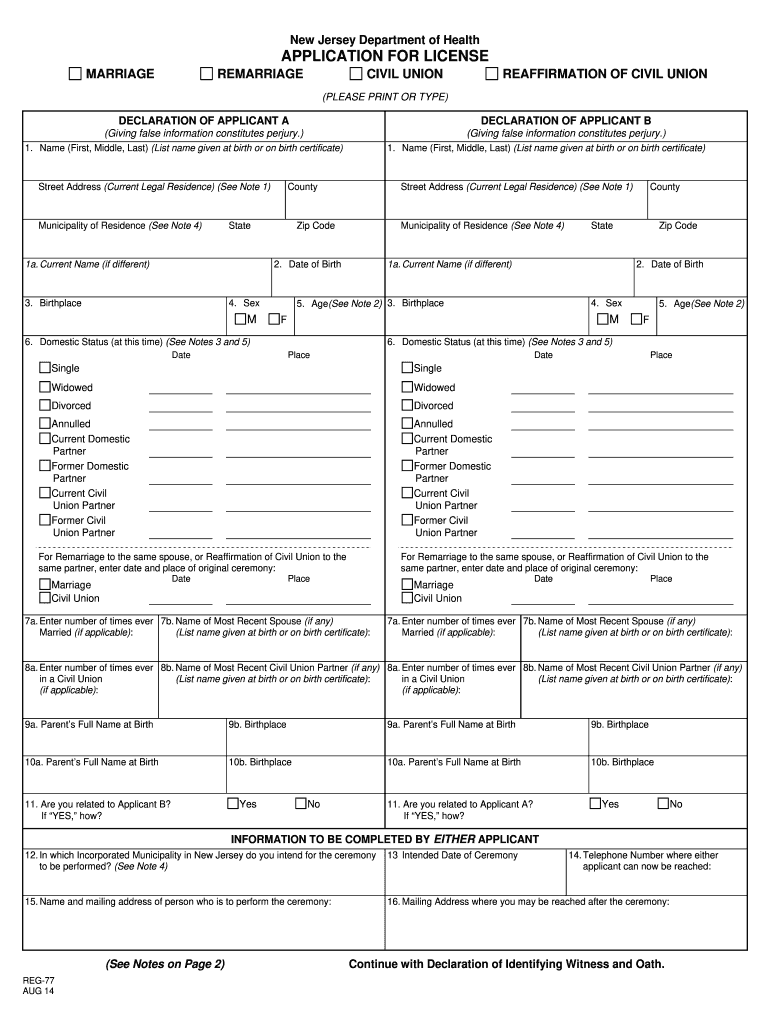
Step 1: Identify the Legal Requirements

- Check the Age Requirement: Most jurisdictions require both parties to be of legal age to marry, usually 18 years old. Some allow younger individuals to marry with parental consent or a court order.
- Residency Rules: Some places have residency requirements, whereas others allow non-residents to obtain a license. Always check this to avoid any last-minute issues.
- Waiting Periods: After applying for a marriage license, there’s often a waiting period before it becomes valid. This can range from one day to several weeks.
Step 2: Prepare the Documents

| Document | Description | Why You Need It |
|---|---|---|
| Proof of Identity | Passport, Driver’s License, etc. | To confirm the identity of both partners. |
| Proof of Age | Birth Certificate or Legal Age Document | To verify if both parties meet the age requirement. |
| Divorce Decrees | If applicable, provide proof of the dissolution of any previous marriage. | To legally establish that any former marriages have ended. |
| Death Certificate | If previously widowed, provide proof of the spouse’s death. | To ensure you are free to marry again. |

Ensure all documents are in good condition, as poor quality can lead to delays in the processing of your application.
Step 3: Application Process

- Where to Apply: Typically, you apply for a marriage license at the county clerk’s office in the county where the marriage will take place or in your county of residence.
- Online or In-Person: Many places now offer online applications, but an in-person visit might still be required for finalization.
- Appointment or Walk-In: Some offices require an appointment, while others allow walk-ins. Check ahead to avoid any delays.
- Application Fees: A fee is usually required, which varies by location and may or may not be refundable.
Step 4: Issuance and Waiting
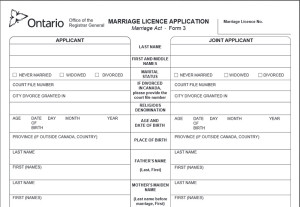
After submitting your application, you’ll be issued a marriage license. Here are some things to keep in mind:
- Time Frame: Know how long your license is valid for. This can range from 30 days to several months.
- Wait Period: In some states, there’s a waiting period before you can use the license to get married.
Step 5: Finalizing the License
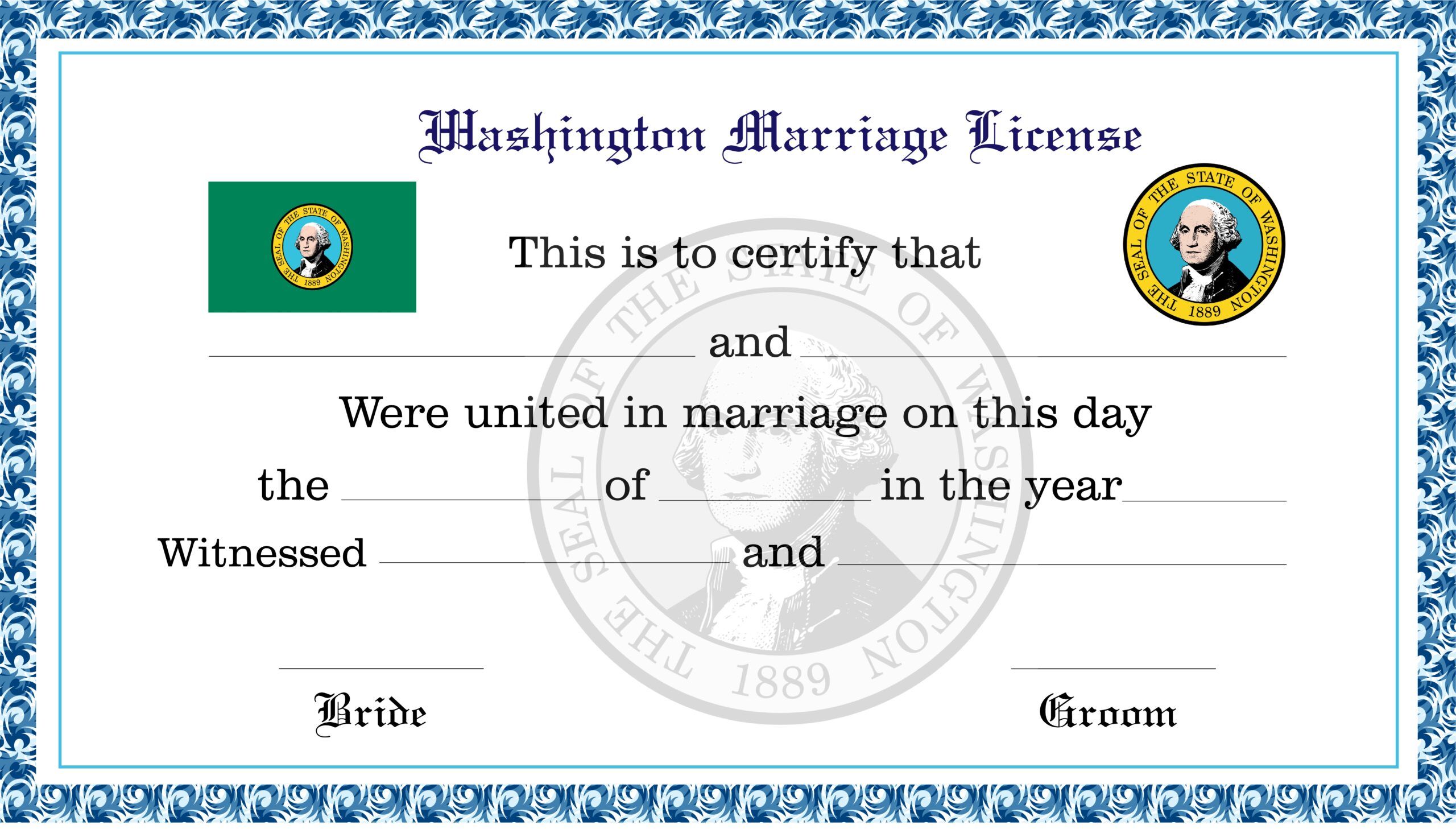
After your ceremony:
- Return the License: The officiant will return the license to the issuing office, where it will be recorded, and you’ll receive a certified copy for your records.
⚠️ Note: If you're planning a destination wedding, be sure to check the marriage license requirements of that location well in advance.
Dealing with Special Situations
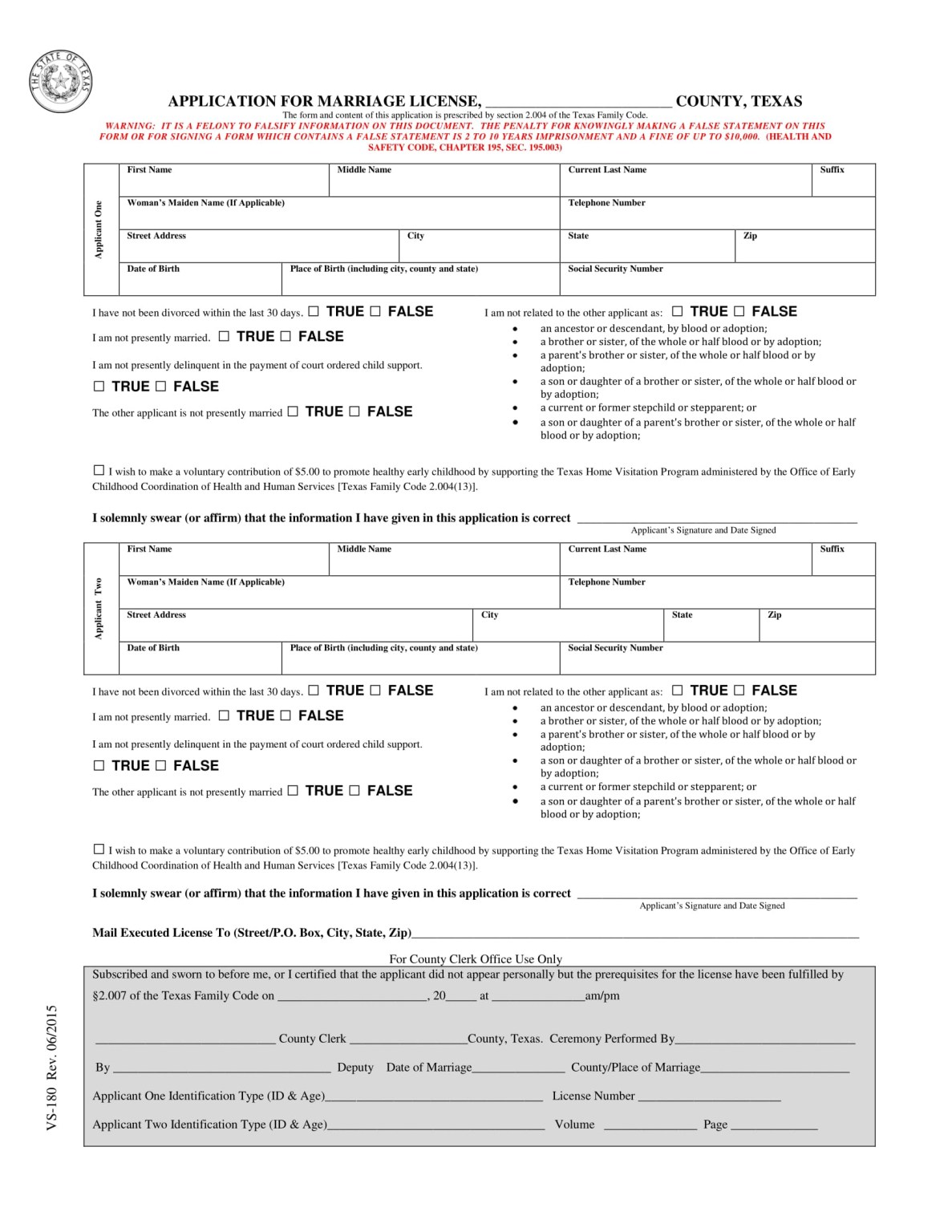
Prenuptial Agreements
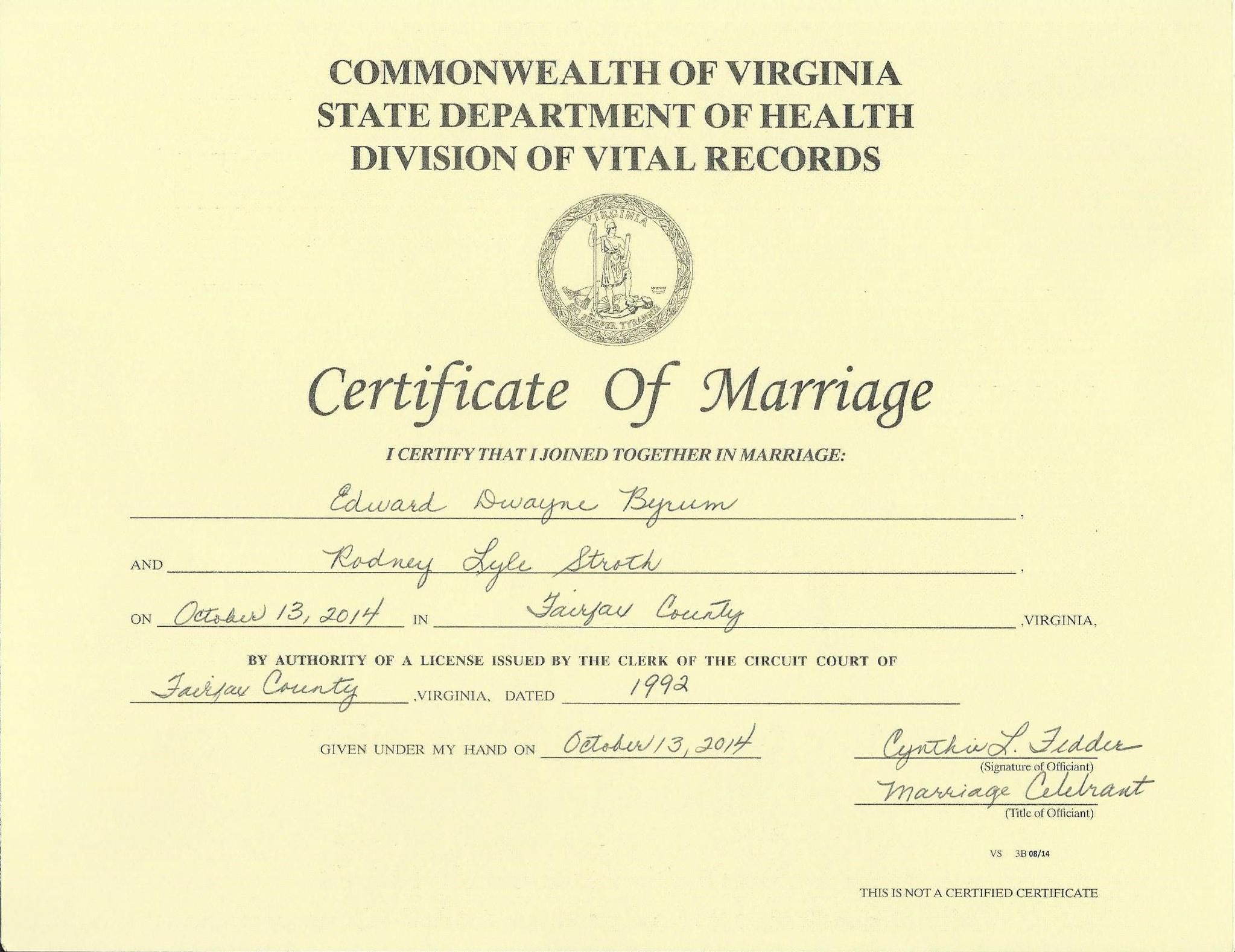
Consider a prenuptial agreement if you want to define how assets will be divided in the event of a divorce. Here’s what you need to know:
- Legal Advice: Engage a lawyer to draft or review a prenup to ensure it holds up in court.
- Full Disclosure: Both parties must fully disclose all assets, debts, and liabilities for the agreement to be valid.
- Voluntary: Prenups must be entered into voluntarily by both parties without coercion.
Domestic Partnership vs. Marriage
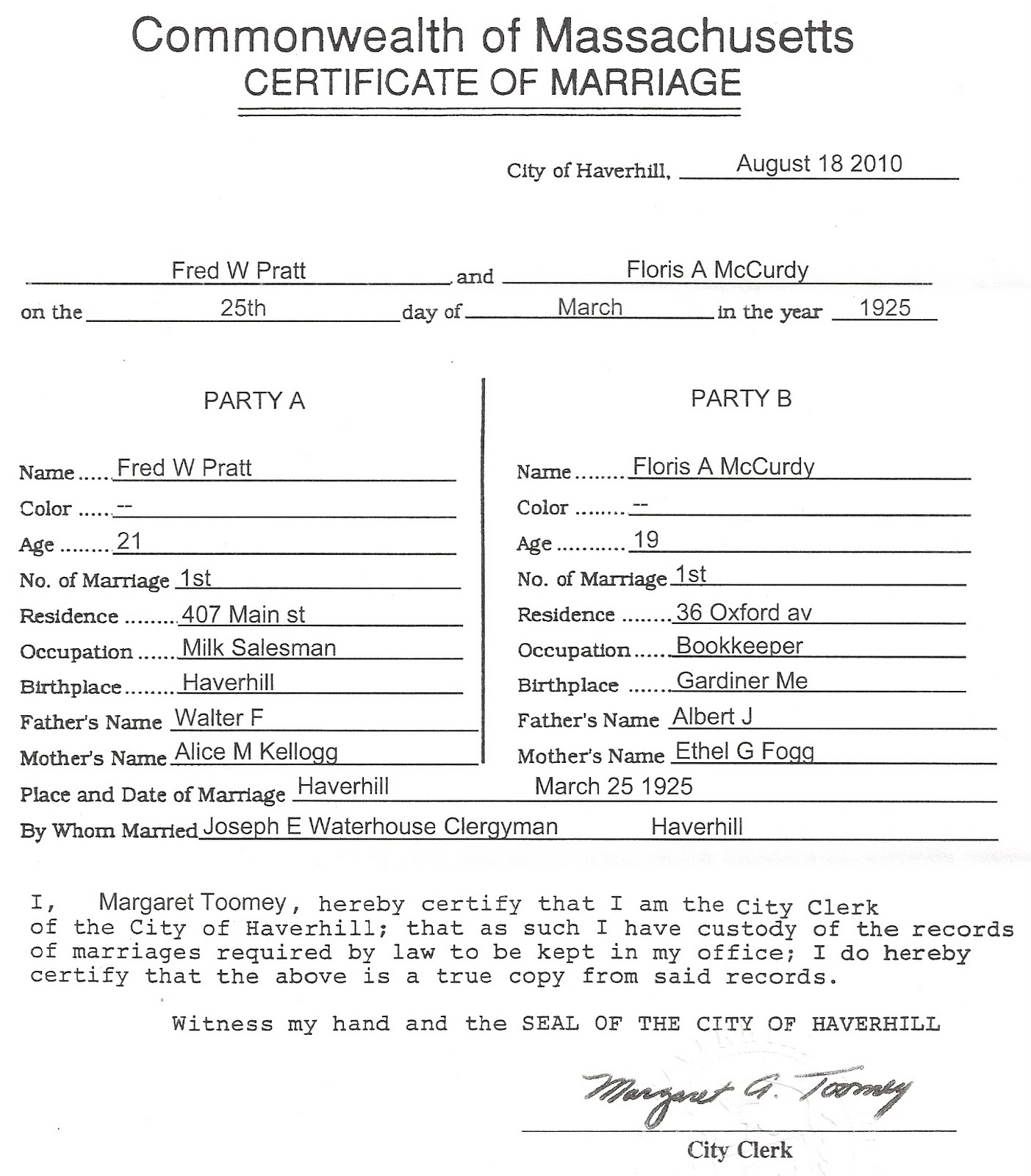
If you’re considering a domestic partnership instead of marriage, understand the following:
- Recognition: While domestic partnerships provide some legal benefits, they’re not as universally recognized as marriage.
- Legal Rights: The rights and obligations can vary significantly between domestic partnerships and marriage, especially in terms of inheritance, taxes, and healthcare decisions.
📌 Note: Always consult with legal counsel to understand the full implications of these decisions.
Navigating the Paperwork

In summary, obtaining a marriage license is a key step in formalizing your relationship. By following the steps outlined in this guide, you can:
- Identify the legal requirements specific to your area.
- Gather the necessary documents, ensuring they are up-to-date and valid.
- Navigate the application process, whether online or in-person.
- Understand and respect the waiting periods and validity of your license.
- Finalize your marriage license post-ceremony with the proper officials.
Remember, this process is not just about the paperwork; it’s about taking a crucial step towards your life together with your partner, legally recognized by your community and country.
What if we are not residents of the area where we plan to marry?

+
Many places allow non-residents to obtain a marriage license. However, you might have to meet specific residency requirements or apply at a particular office designated for non-residents.
How long does it take to get a marriage license?

+
The time frame varies by jurisdiction, but typically, after submitting your application, you’ll receive your license either immediately or within a few days to a week.
Can we still apply if one of us has been divorced within the past six months?
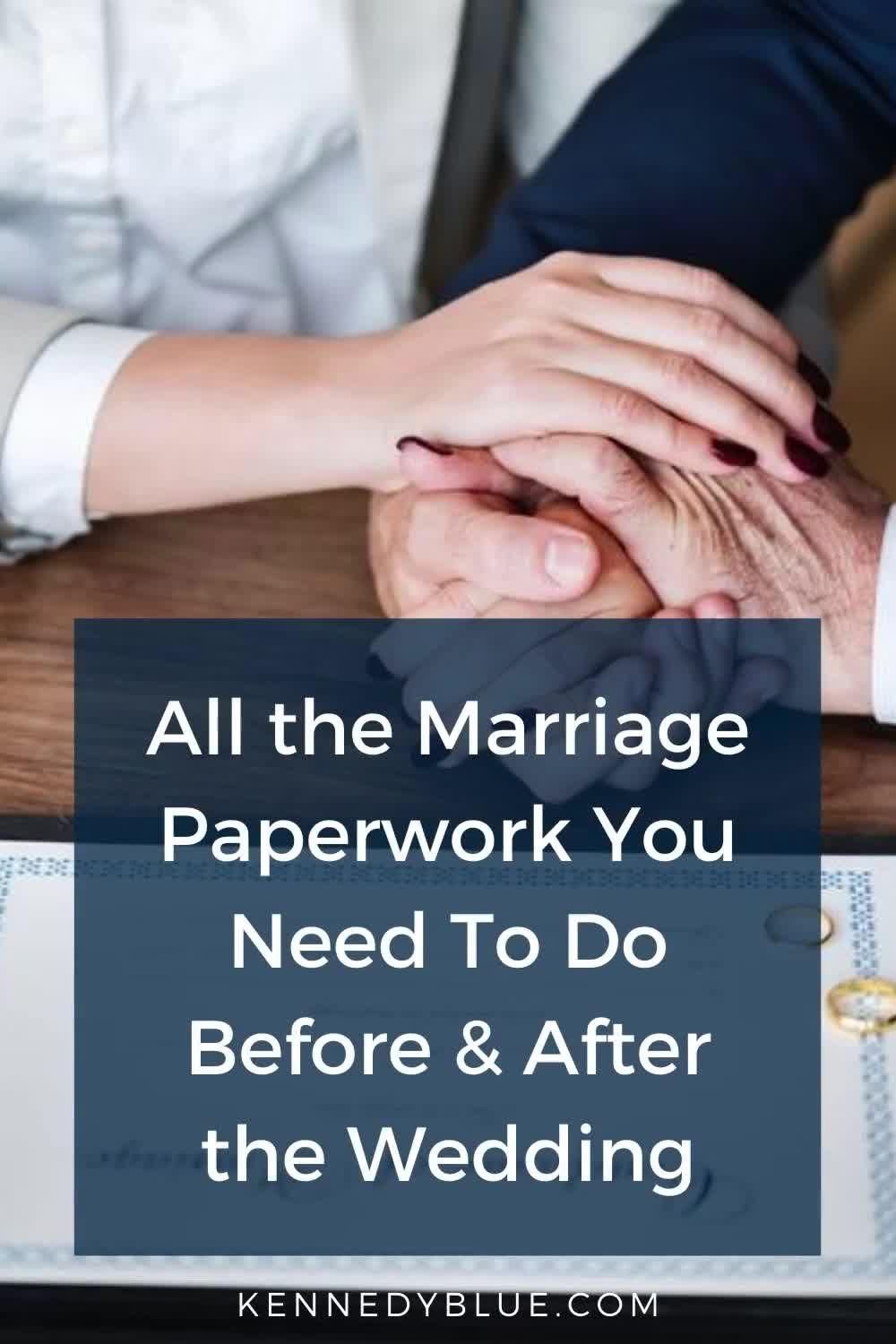
+
In most cases, yes, as long as you provide the divorce decree as proof of dissolution. However, some states have a waiting period after divorce before you can remarry.
What if one of us changes our mind about the prenuptial agreement?
+Prenuptial agreements should be entered into voluntarily. If one partner has doubts, consider counseling or additional legal advice before proceeding.
What happens if we lose our marriage license?
+Contact the county clerk’s office where you received your license. They can help with replacements or provide information on how to proceed if you need a certified copy.